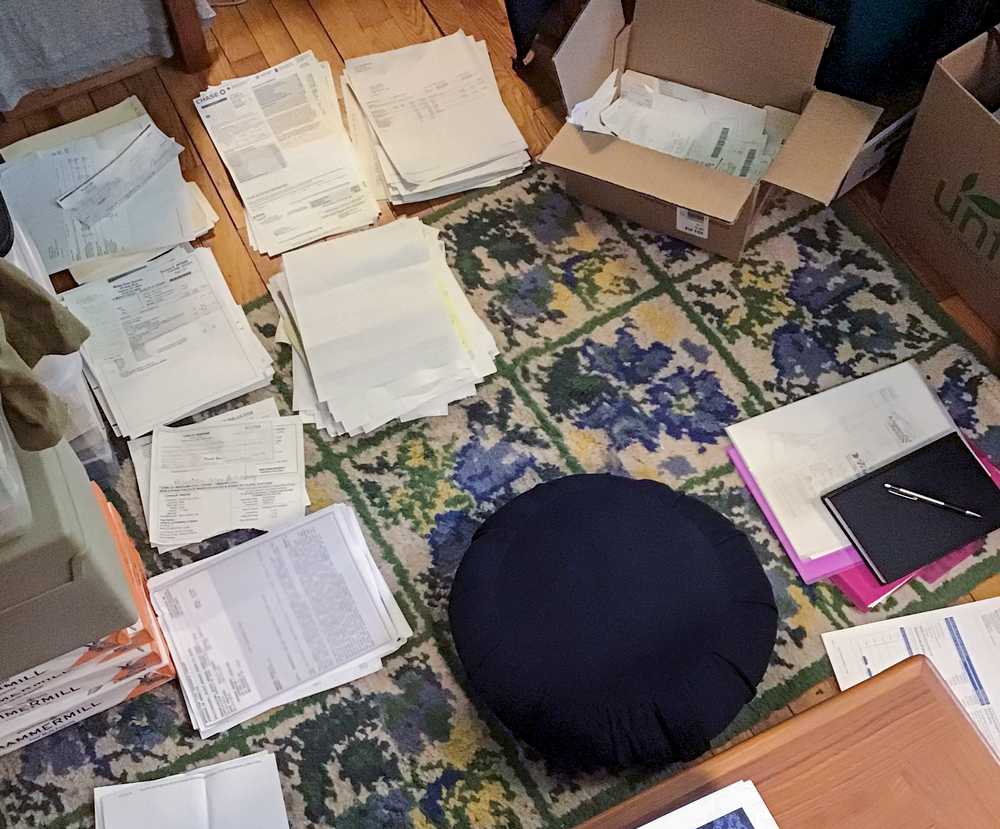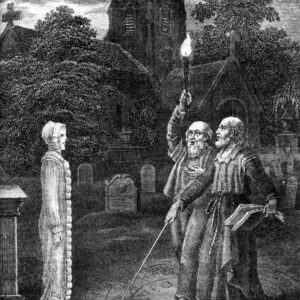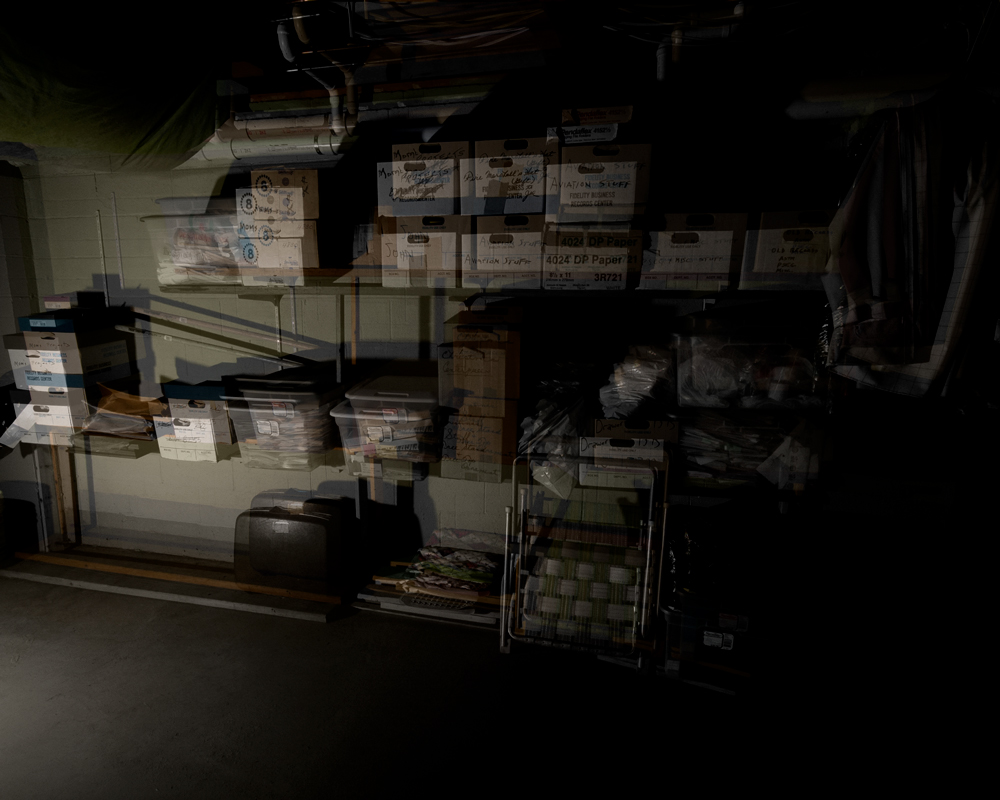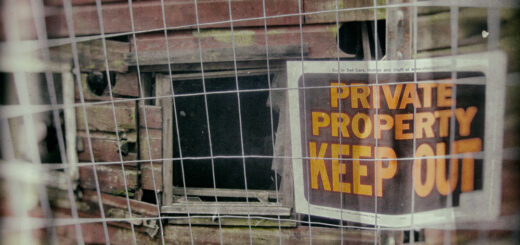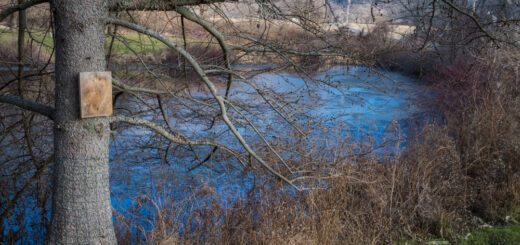Death and Taxes
It’s tax time once again. Already? Didn’t I just do this? Oh well, let the preparation begin.
The tedious work lies spread across the floor. I sit on my cushion and sort through another year of receipts and statements, the myriad slips of paper inscribed with names, dates, and transactions—the fading vestiges of a consuming soul. “Doing one’s taxes.” The mess I’ve made here is an accidental diary, a peculiar account of my activities as demanded by the IRS. I arrange the scraps in little heaps. They constitute my taxable life. I add them up. The hours go by. The mind wanders. From these tokens of purchases past, memories begin to arise. I feel like a necromancer.
I’ve heard it said, “Your life is what happens to you.” If my accounting is accurate, then what happened over the last tax year is me paying for goods and services as follows: groceries, utilities (including beer and wine), internet connection (is that a utility?), gasoline, automobile repairs, car washes, heating oil, flowers (for my wife), books (mostly used), building supplies, visits to the vet, visits to my own doctor, visits from the plumber (big septic adventure), building supplies, insurance (which is to say, betting something bad will happen) pens, pencils, reams of paper, index cards, tuition (tried to learn French online), entertainment (one museum visit), and more books (again, mostly used). I also made a couple of charitable donations, but nothing of a political kind. Also included in the tax tally is evidence of my modest income: canceled checks from freelance writing and pay-stubs from my job at an historical site. Also among the heaps: a couple of royalty statements for books written in days gone by, but these are negative balances, money I owe the publishers.
At the risk of veering off on a fatal tangent, let’s consider that memorable locution: “Nothing is certain but death and taxes.” It’s an expression often attributed to Benjamin Franklin, but that’s not correct. He did use it once, in a letter written in 1789 to his French pal Jean-Baptiste Le Roy: “Our new Constitution is now established, and has an appearance that promises permanency; but in this world nothing can be said to be certain, except death and taxes.” The saying was already familiar by the time Franklin dropped it. For instance, more than sixty years earlier, Daniel Defoe—the fellow who wrote Robinson Crusoe—used it in a work titled The Political History of the Devil, a compelling book in which Defoe rails against the blasphemy of those who would deny that the arch fiend has a cloven foot: “not the Man in the Moon, not the Groaning-Board, not the speaking of Fryar Bacon’s Brazen-Head . . . Things as certain as Death and Taxes, can be more firmly believ’d: The Devil not have a Cloven-Foot!” Make no mistake, Defoe warns, Mr. Splitfoot does indeed exist; to deny Satan is to deny God. Few alive today, I’m sure, are familiar with this book by Daniel Defoe, but it still makes for a timely read.
Okay, done! My reckoning for the tax year 2019 is complete. The return is ready to be filed. I sweep up the papery circumstances of my life and jam them into a cardboard box. I’ll take this down to the cellar, where my “important documents” are housed. You’re supposed to keep five years of tax records on hand, right? Not me. I’ve got my entire lifetime down there, going back to tax year 1975, when I earned a couple hundred dollars scooping ice cream at a Baskin-Robbins in a suburban shopping mall. And that’s not all. Our cellar is crammed with boxes and boxes of my deceased parents’ tax records, going back to 1948. I’ve never gotten around to cleaning that stuff out. I really should. A friend of mine, who is currently dealing some complicated estate matters, remarked to me: “If every person would just sweep their own doorstep before they bit the dust, the living would have far less to rue.” That seems certain enough.
And so, having made public this record—if not of my taxes, then of their preparation—I’m now ready to make my will. But first, I better go down and clean out the cellar.
©John P. O’Grady
Originally appeared in The Mountain Eagle on July 17, 2020
